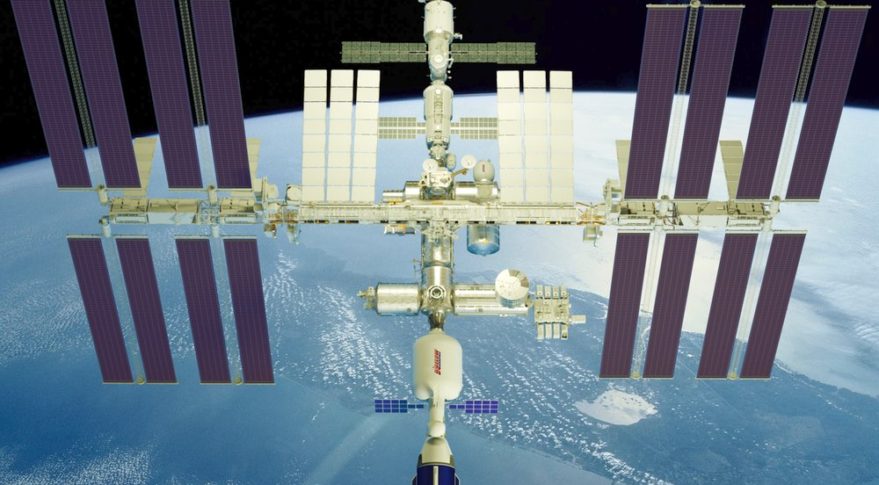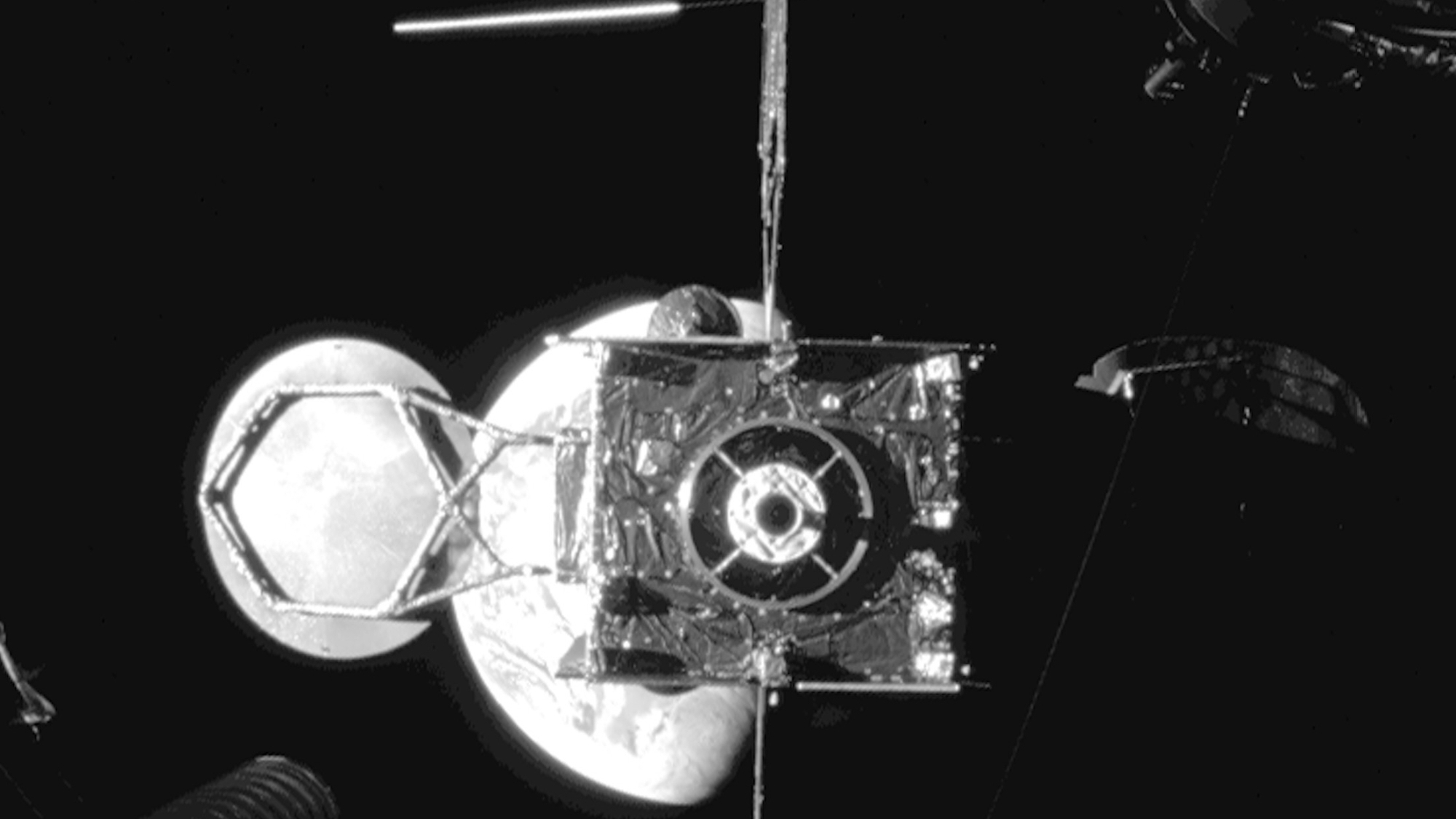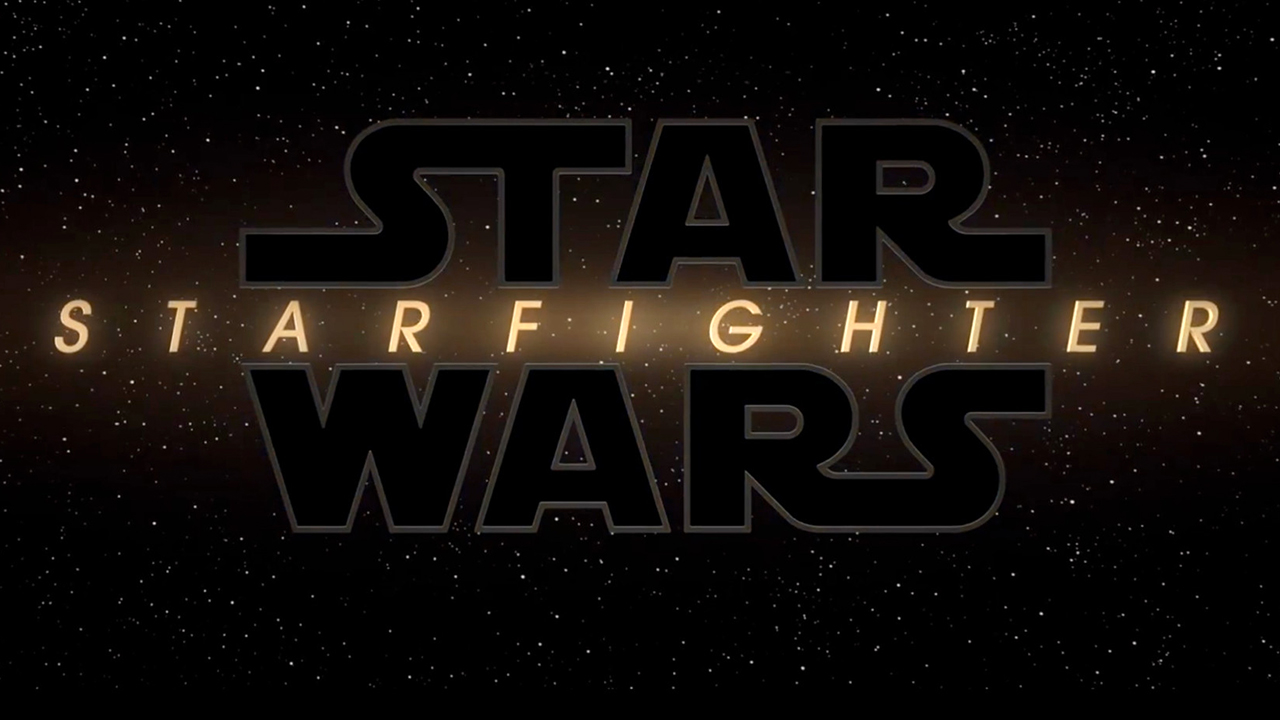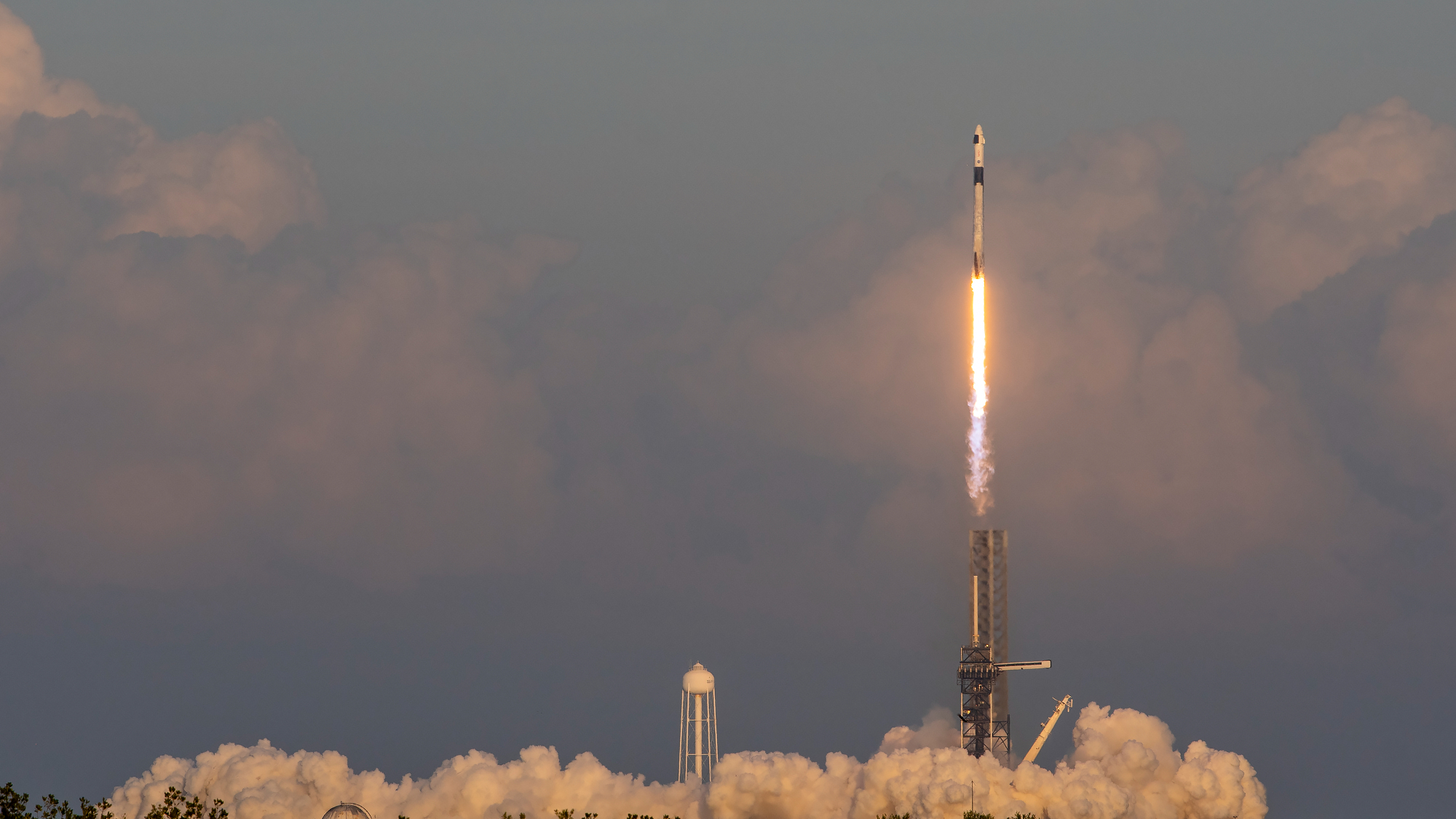ISS Partners Seek Clarity on Station's Long-Term Future

ADELAIDE, Australia — The head of NASA's human spaceflight program says he would like to see a decision made in the next two years on whether and how International Space Station operations will be extended beyond 2024.
Bill Gerstenmaier, NASA associate administrator for human exploration and operations, and other representatives of ISS partner nations discussed that timeframe during a panel discussion at the 68th International Astronautical Congress here Sept. 27.
Two days after the heads of agencies who are partners on the ISS suggested they were not in a rush to make a decision on the post-2024 future of the station, Gerstenmaier said certainty about that future sooner, rather than later, was preferred, particular for those making investments in station facilities.
"I think we need to do that really fairly soon," he said of a decision on the ISS' future. "There are some folks that I think would like to invest, but the payback and return requires maybe longer than the amount of time between 2017 and 2024." [Related: How Will the ISS Fall to Earth?]
"I think we can wait until later to decide, but the later we do that, we cut off that potential future market and potential future uses," he said. "I think that 2018 or 2019 is probably the right time" to make a decision.
That schedule had support from other ISS partners on the panel. "I agree with the timeframe of decision on the extension of space station beyond 2024," said Koichi Wakata, ISS program manager at the Japanese space agency JAXA. "It's very important for us to share the benefit, actually understand clearly what the benefit we have so far created ever since the start of the International Space Station, if we really want to continue operations beyond 2024."
An extension is critical to at least one commercial user of the station. Oliver Juckenhöfel, vice president of on-orbit services and exploration at Airbus Defence and Space, said his company's financial plans for the Bartolomeo external experiment rack it is developing for the station assume the ISS will be in service beyond 2024. "My business case goes to 2028," he said. "If you're stopping in 2024, I do have a problem."
Get the Space.com Newsletter
Breaking space news, the latest updates on rocket launches, skywatching events and more!
At the start of the discussion, panel moderator Hansjörg Dittus, a member of the executive board of the German space agency DLR, painted a pessimistic vision of the future of the station. "The ISS is in a phase where its retirement is imminent. The only question that remains open is when will this happen and to what degree," he said.
That description of an ISS near the end of its life visibly irked Gerstenmaier. "With that wonderful vision of the future, of an unaffordable infrastructure in space that is essentially draining the inspiration and all the hope out of the world, called space station, and we can only deorbit it as soon as we can," he said, "this is an awesome way to start today."
Gerstenmaier emphasized the benefits of maximizing the use of the station. "If we don't spend every effort we've got to figure out how to use that space station in the most creative way to spur industry, to spur research, to spur commercial sectors, we have lost a tremendous opportunity," he said.
He declined, though, to estimate how long the station could, or should, operate, from either a technical or programmatic standpoint. He noted that NASA was developing a report for Congress on the future of the ISS, due in December.
"We're trying to stay a little bit out of the discussion of a date for when station ends, but more describe transition criteria and what we need in the future, and not pick a specific date," he said. "We don't have to maybe end station all as one piece: we can look at deconstruction, taking some pieces off."
The ide of a gradual transition had the support of Mark Sirangelo, corporate vice president of Sierra Nevada Space Systems, which is developing the Dream Chaser vehicle initially for NASA cargo transportation to and from the station. He said he believed the ISS could remain operational long past 2024.
"People ask me all the time what is the thing I fear most in what we do," he said. "What I fear most is abrupt change, where one day we wake up and all of sudden our governmental partners decide they don't want to do this."
This story was provided by SpaceNews, dedicated to covering all aspects of the space industry.
Join our Space Forums to keep talking space on the latest missions, night sky and more! And if you have a news tip, correction or comment, let us know at: community@space.com.

Jeff Foust is a Senior Staff Writer at SpaceNews, a space industry news magazine and website, where he writes about space policy, commercial spaceflight and other aerospace industry topics. Jeff has a Ph.D. in planetary sciences from the Massachusetts Institute of Technology and earned a bachelor's degree in geophysics and planetary science from the California Institute of Technology. You can see Jeff's latest projects by following him on Twitter.










